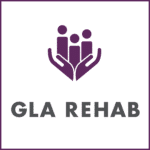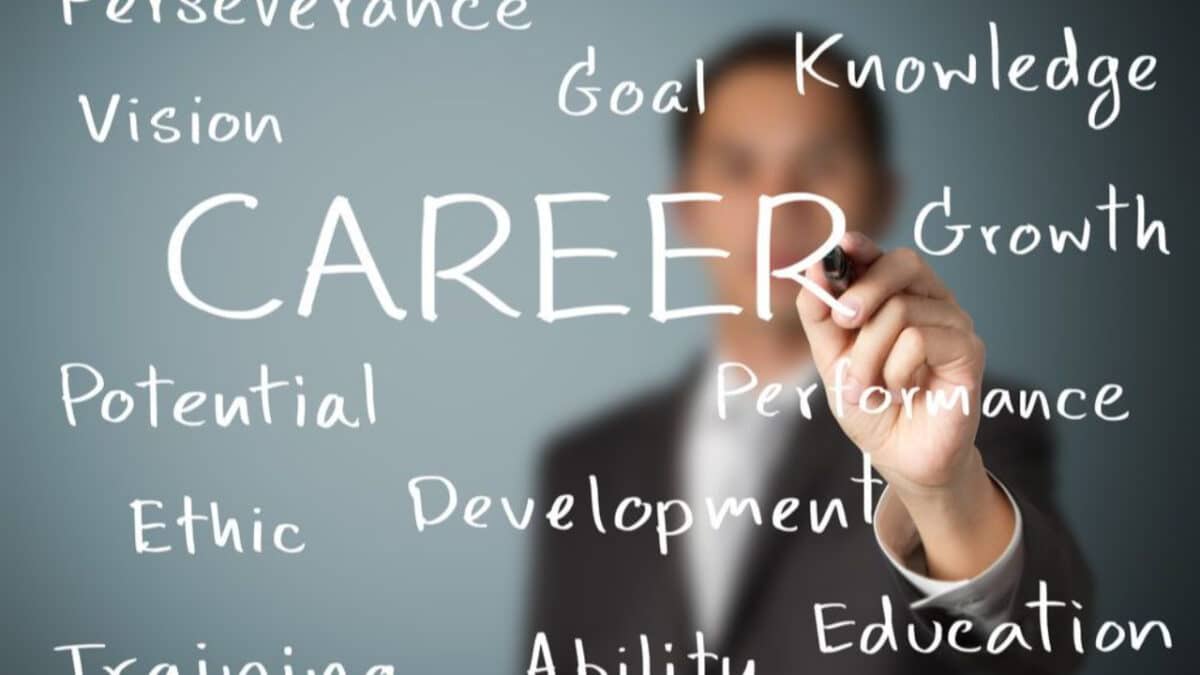Career development can be defined as the total constellation of economic, sociological, psychological, educational, physical and chance factors that combine to shape one’s career.
In other words, career development process is “the place” where an individual creates a work identity and displays career behaviour; the process that allows people to come to understand themselves as they relate to the world of work and their own roles in it (Gysbers, Heppner, & Johnston, 2003).
As a Vocational Assessor I need to understand where the person is in terms of his/her on “employability stage” in order to assess individual vocational profile, apply relevant theories on their specific career situation and assist individuals to transition from, for example, current unemployment to specific form of employment.
There are different definitions of employability stages. I personally like the definition suggested by Norman E. Amundson from the University of British Columbia
According to this author, there are 5 possible Employability Dimensions (stages) that clients can find themselves in:
1. Inner/ Self-Exploration / Decision Making (Who Am I?)
In this stage the client does not have a clear vocational purpose and needs to examine his/her Life/Work role salience.
In this stage, clients should decide how important the work identity has on their lives and how it corresponds to the other roles that they hold, as they must gain a better understanding of self with an emphasis on personal as well as professional values (what type of work suits him/her).
They should examine how their personality fits in within various fields and occupational/ professional roles with a goal of fostering progress and focus of bringing together the person and the occupation.
As a result of this self-exploration, individuals should obtain a clearer perspective on their desires and abilities and possibly the type of work environments they want to avoid.
For this stage, it is very important to have a very thorough knowledge of self and the world of work. Without that knowledge and clear career focus, it is difficult to sustain new skills and to accommodate the demands of the potential employers.
2. Outer Exploration/ Skills Enhancement (What’s Out There?)
This type of upgrading happens once the individual is aware of who they are and what they want (the possible fit person-environment) and can now focus on gaining the skills needed for the type of work they want to do based on their vocational profile and labour market demands.
In this stage, the individual has the option of formal or informal training in order to gain or improve the current employment situation through academic upgrading, or expansion of vocational and interpersonal skills for success and eventually gainful employment.
Fundamentally, this employability stage is about getting the required qualifications to enter the world of work.
3. Outer Exploration/Job Search Enhancement
Once the individual has a solid idea of who he/she is and has a clear career focus together with the skills/education/training needed to pursue their goal, it is time to start developing job search skills and strategies essential to having a successful job search.
This stage/ dimension includes all activities directly associated with the actual integration and re-integration of unemployed individuals into the labour market.
As the particular skill set needed to conduct an effective job search and exploration change over time, individuals should be prepared to update these skills to meet the demands of the job market.
4. Job/Work Maintenance
As success in the workplace largely depends on the individuals vocational and interpersonal skills, the key in this stage is obtaining the attitudes and skills that ensure employment continuity.
These skills are broadly defined as the skills used by a person to properly interact with others. In the business domain, the term generally refers to an employee’s ability to get along with others while getting the job done (Interpersonal skills)
5. *NEW Career Growth/Work Advancement
This new phase/ stage placed after job maintenance was created with the recognition of the need to focus on the issue of career movement and change.
This movement and/or career growth could be within a particular job or occupational field or it might be broader and encompass the desire to change fields entirely as a result of various life circumstances.
The focus in this stage would be on transferability of skills and attitudes and the desire to approach change in a manner consistent with “positive uncertainty” or lack of resistance towards change.
As vocational assessor/consultant, once I discover individuals’ employability dimension in the context of their biopsychosocial history and other life circumstances, I can apply the most suitable career development theory on their case, chose specific career intervention, including vocational assessment instrument(s), and determine the most effective path of moving the person from unemployment to more meaningful employment and/or meaningful employment related activities.
Next time, I will be talking about different career development theories that inform individuals’ career decisions and explain presence and/or lack of fit between individuals’ personality and other factors and chosen working environments.
Iva Keighley, LLB, MSW
Reg. Social Worker/Vocational Consultant


